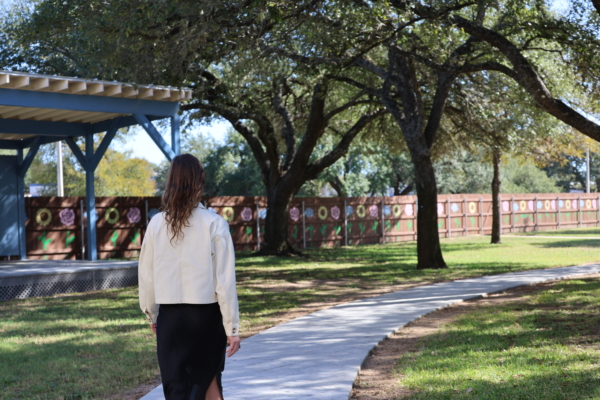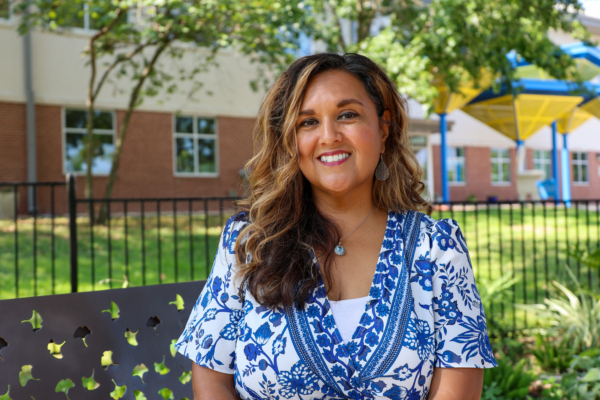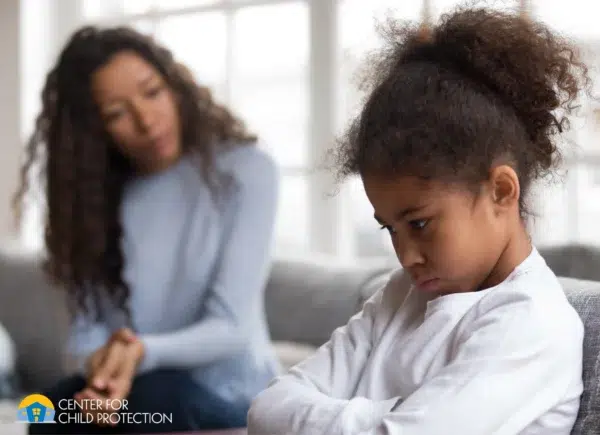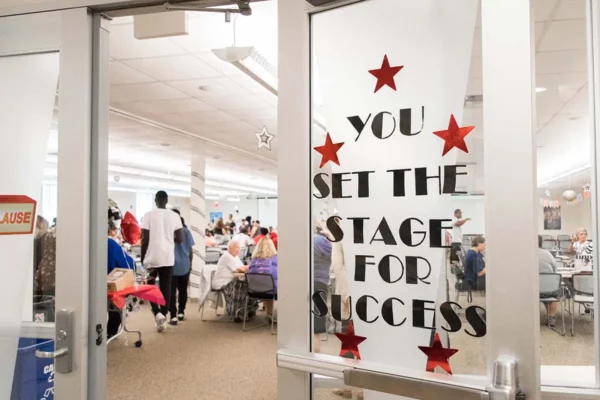As the holiday season approaches, it’s likely that your focus will be shifting towards family, traditions, and making lasting memories. It’s also a time when busy schedules and gatherings can create unique challenges for keeping children safe.
By planning ahead and staying mindful, you can ensure the season remains both joyful and secure for the children and teens in your life.
Here are five tips to help keep kids safe during the holiday season:
Talk with Your Kids
Open and honest communication is one of the most effective ways to protect children. The holidays are a great time to connect with your kids and revisit important safety conversations.
- Private Parts Are Private: Let your child know, “No one should touch, look at, or take pictures of private parts.”
- No Body Secrets: Reinforce the idea that secrets aren’t okay, especially ones about bodies. Try saying, “No matter what anyone tells you, secrets are not okay, and you should always tell me if someone tries to make you keep a secret, especially body secrets.”
- Identify Safe Adults: Help your child think of trusted adults they can go to if they ever feel unsafe.
- Create a Plan: Come up with a code word or plan for your child to use if they feel uncomfortable and need your help.
Make Affection Optional
Family gatherings often come with expectations for hugs, kisses, or sitting on people’s lap, but it’s important to respect your child’s boundaries. Teaching kids that their body is their own is a powerful lesson in consent.
- Offer Choices: Instead of saying, “Go give Aunty Joe a hug,” try, “Aunty Joe is here! Would you like to give her a hug, a high five, or just say hello?”
- Model Boundaries: Show your child how to ask for and respect others’ boundaries. This reinforces the idea that establishing a culture of consent respects everyone’s comfort.
- Step In When Needed: If you notice your child looks uncomfortable, don’t hesitate to speak up. For example, “I think Jamie’s ready for a break. Let’s try another activity.”
Ensure a Safe Environment
The holidays often mean busy homes, big gatherings, and lots of distractions. Keeping an eye on the environment can help reduce risks.
Research shows 80% of sexual abuse occurs in one-on-one situations between an adult and a child, highlighting the importance of limiting any isolated, one-on-one time.
- Keep Interactions Observable: Make sure any interactions between children and adults, as well as kid zones, happen in spaces that are easy to see and interrupt.
- Choose Caregivers Carefully: 90% of child victims are abused by someone they know and trust. Just because someone is close to you doesn’t automatically mean they’re a safe caregiver – trust your instincts.
- Limit Blind Spots: Pay attention to areas like secluded rooms or dark corners where kids could end up unsupervised.
Monitor Online Activity
Holiday breaks often mean more screen time for kids, and with that comes increased online risks. Staying involved in your child’s digital world is just as important as keeping an eye on them in real life.
- Know Their Connections: Treat your child’s online world like their social circle – know who they’re talking to and what apps they’re using.
- Check In Regularly: Use tools like screen time settings to monitor usage and ask your child about their favorite activities online.
- Set Boundaries: Establish screen-free zones, like bedrooms, to help keep online activity observable.
- Be Honest: Let your child know why you’re monitoring their online activity. Explain it’s because you want them to stay safe.
Lean on Your Support System
The holidays can be stressful, and it’s okay to ask for help. Taking care of your well-being is a key part of keeping your family safe and happy.
- Connect with Loved Ones: Don’t be afraid to talk with friends or family if you need advice or just a supportive chat. Remember: Keeping the kids in our lives safe isn’t just on you! It takes a village, so lean on others when you can.
- Utilize Community Resources: Many organizations in Travis County offer support during the holidays, from food banks and gift drives to financial assistance.
- Set Realistic Expectations: You don’t have to say “yes” to every invitation or tradition. Focus on what matters most to you and your family this season.
- Prioritize Self-Care: Even a few minutes to step outside, sip tea, or take deep breaths can help recharge your energy and patience. When you feel good, you’re better equipped to handle the demands of parenting, which benefits everyone!
By staying mindful, communicating openly, and leaning on your community, you can create a safe and joyful holiday season for your children and your family.
Remember, a little planning and a lot of love go a long way in making the holidays safe and happy for everyone.
Local Resources for Support
If you’re in Travis County and need some extra help this holiday season, here are some resources to explore:













